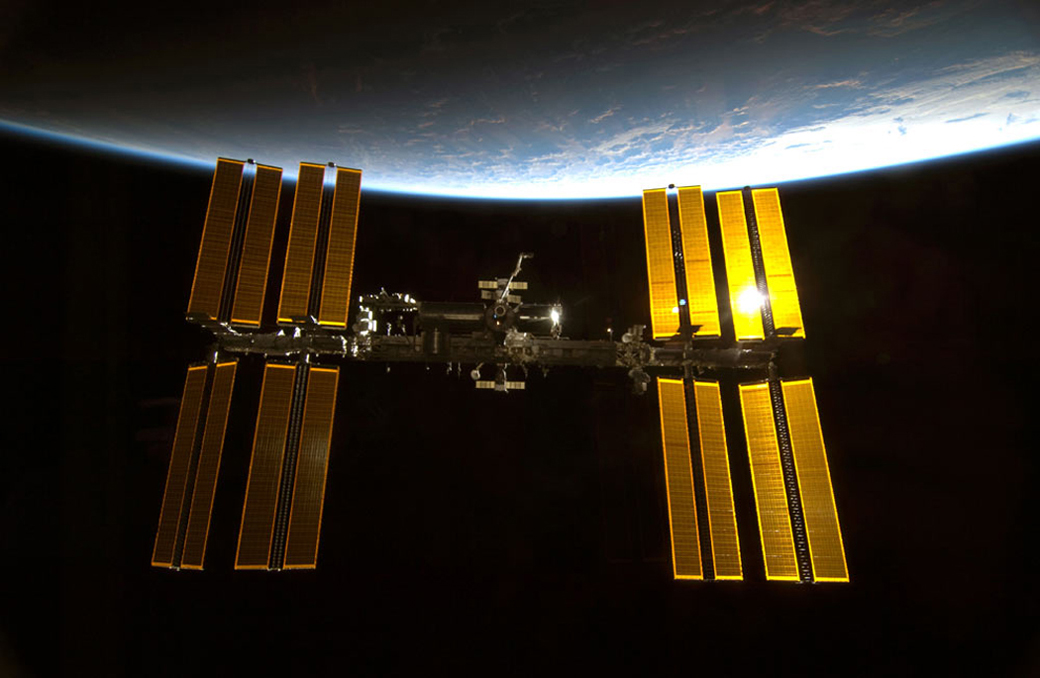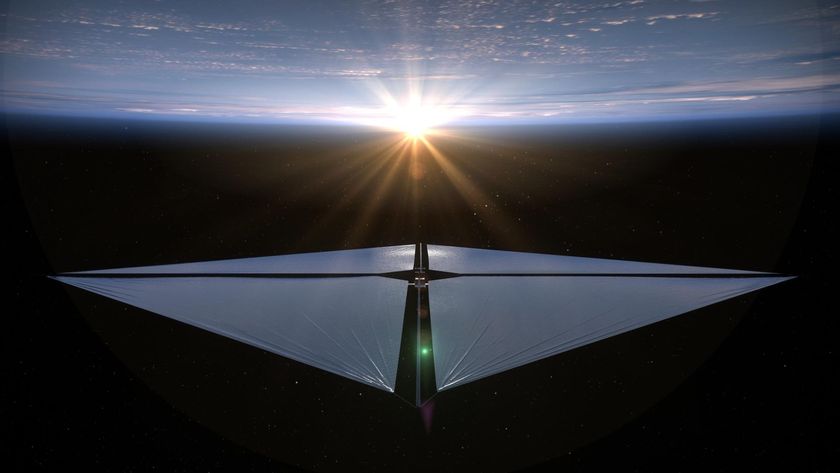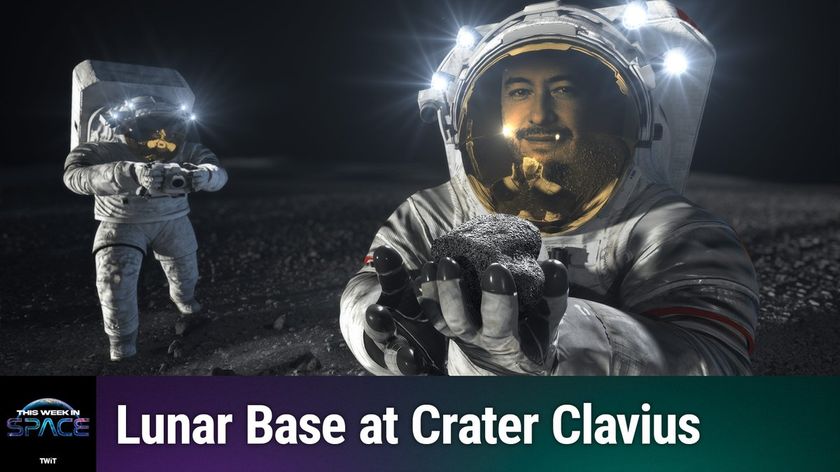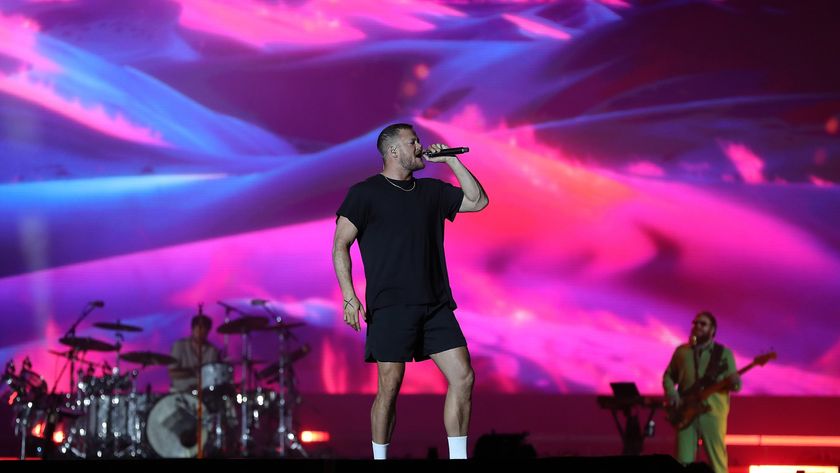International Space Station Gets Life Extension Through 2024

NASA and White House officials are announcing plans today (Jan. 8) to keep the International Space Station running through at least 2024 — a four-year life extension for the largest spacecraft ever built.
The NASA decision will allow scientists to use the International Space Station for at least the next 10 years, maximizing the science return on the $100 billion orbiting laboratory, Bill Gerstenmaier, NASA's chief of exploration and human spaceflight operations, said in a teleconference. Previous lifetime projections for the space station called for it be shut down in 2020.
"There's some pretty significant benefits in announcing us to go beyond 2020," Gerstenmaier said, adding that the agency will maintain its annual $3 billion space station budget through the extension. NASA chief Charles Bolden and White House science advisor John Holdren are expected to release a statement on the extension later today. [Building the International Space Station (Photos)]
Gerstenmaier said the decision came after a detailed review of the space station's systems and their potential to outlast the 2020 lifetime target. In the past, NASA and its partners have floated the idea of flying the space station through 2028, an option that could be revisited later, agency officials said.
The International Space Station is the product of 15 different countries and space agencies representing the United States, Russia, Europe, Canada and Japan. Construction began in 1998.
After 15 years in space, the space station has hit its stride as a national laboratory for a wide range of space science and research, Gerstenmaier said. Because it take years for scientists to plan, and then launch, experiments to the station, the extension through 2024 offers more opportunities for innovative experiments, he added.
The decision may also impact the development of private manned spacecraft by U.S. companies vying for NASA contracts to ferry American astronauts to and from the space station. Currently, NASA buys seats on Russian Soyuz spacecraft to fly Americans in space, but the agency hopes to begin purchasing flights from U.S. spaceflight companies by 2017. Several companies, such as SpaceX, Boeing, Sierra Nevada and Blue Origin, are developing vehicles to vie for NASA space-taxi contracts.
Get the Space.com Newsletter
Breaking space news, the latest updates on rocket launches, skywatching events and more!
"Now they can see a market that extends throughout at least 2024," Gerstenmaier said. "So that really changes their perspective going forward."
NASA's current contract for seats on Russian Soyuz spacecraft runs through 2016, so the space agency will also have to look at potentially purchasing more seats on Soyuz capsules, too, he added.
NASA will also need more cargo flights to the space station during the extension. The space agency has billion-dollar contracts with SpaceX and the Orbital Sciences Corp. to fly a total of 20 missions through 2016. SpaceX has launched two of its 12 planned flights, while Orbital Sciences is hoping to launch its first cargo mission this month. A massive solar flare Tuesday (Jan. 7) forced Orbital to postpone the planned launch of its first cargo mission for NASA today.
Russia, Japan and the European Space Agency also provide robotic cargo resupply missions to the station.
Email Tariq Malik at tmalik@space.com or follow him @tariqjmalik and Google+. Follow us @Spacedotcom, Facebook and Google+. Original article on SPACE.com.
Join our Space Forums to keep talking space on the latest missions, night sky and more! And if you have a news tip, correction or comment, let us know at: community@space.com.

Tariq is the Editor-in-Chief of Space.com and joined the team in 2001, first as an intern and staff writer, and later as an editor. He covers human spaceflight, exploration and space science, as well as skywatching and entertainment. He became Space.com's Managing Editor in 2009 and Editor-in-Chief in 2019. Before joining Space.com, Tariq was a staff reporter for The Los Angeles Times covering education and city beats in La Habra, Fullerton and Huntington Beach. In October 2022, Tariq received the Harry Kolcum Award for excellence in space reporting from the National Space Club Florida Committee. He is also an Eagle Scout (yes, he has the Space Exploration merit badge) and went to Space Camp four times as a kid and a fifth time as an adult. He has journalism degrees from the University of Southern California and New York University. You can find Tariq at Space.com and as the co-host to the This Week In Space podcast with space historian Rod Pyle on the TWiT network. To see his latest project, you can follow Tariq on Twitter @tariqjmalik.


